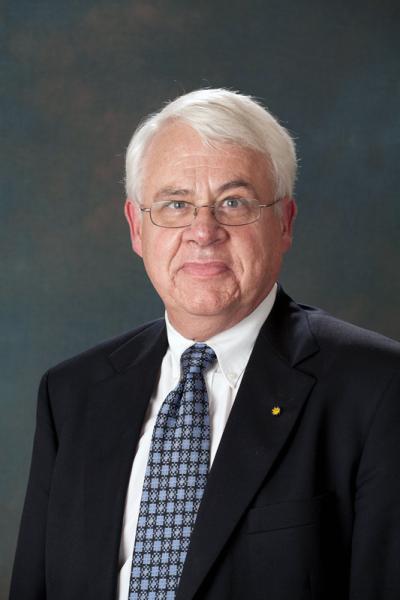Global Conflict Assessment: Evaluating Frameworks, Methods and Dissemination

Principal Investigators: J. Craig Jenkins, Director, Mershon Center for International Security Studies and Stefan Khittel, Visiting Scholar
In recent years, government agencies, think tanks, private companies, and non-governmental organizations have launched a series of global conflict assessment programs, or CAPs. These CAPS are used to track events leading up to global conflicts such as civil wars, violent regime change, civilian massacres, organized insurgency, or terrorist attacks.
By monitoring conflicts, CAPs are supposed to provide warnings of global crises before they happen. Yet despite their proliferation, no one has assessed how well they work.
In this project, J. Craig Jenkins and Stephan Khittel are taking on such an assessment by building a systematic framework for cataloguing, comparing and evaluating global CAPs.
They will examine the following features of CAPs:
- Program focus. What are the program goals? Examples include human rights, peace-building, crisis management, development, or private investment?.
- Time horizon. Are they concerned with crises that might happen in the next few months, or are they looking at the next three to five years or decade?
- Type of conflict. What is the main concern? Examples include insurgency, terrorism, civil war, regime change, and genocide.
- Driving factors. What are the relevant predictors for the events tracked?
- Methodology. What methods are used to forecast conflicts and crises? Examples include qualitative, quantitative, or mixed, as well as other methods such as simulations and counterfactuals.
- Level of accuracy and precision. While a 60 to 70 percent accuracy rate is acceptable for social sciences, is that enough for policy decisions?
- Method of dissemination. Is the audience specific decision makers, private groups, or the general public? While greater openness and exchange are needed to improve these systems, previous research shows that private systems are better resourced.
- Link to actionable items. How does conflict assessment lead to action? Who decides when action is taken, and can the outcomes be reviewed?
A grant from the Mershon Center allowed Khittel to spend a month at Ohio State working with Jenkins to track down global CAPs, identify their relevant features, and interview CAPs personnel. They plan to produce both academic and general interest articles on this project.
Filters: 2011-2012, International Security Studies
